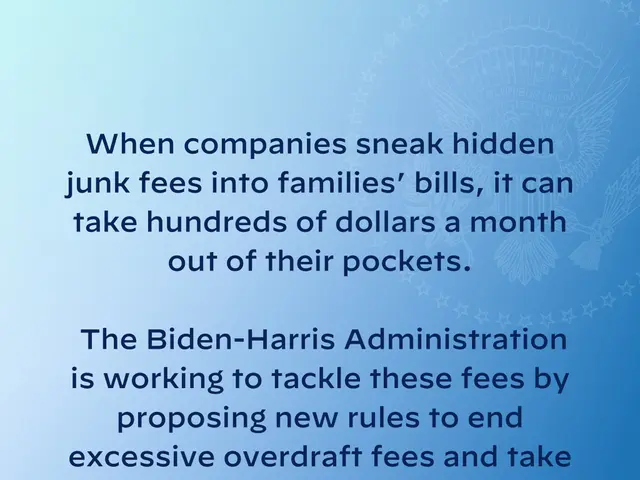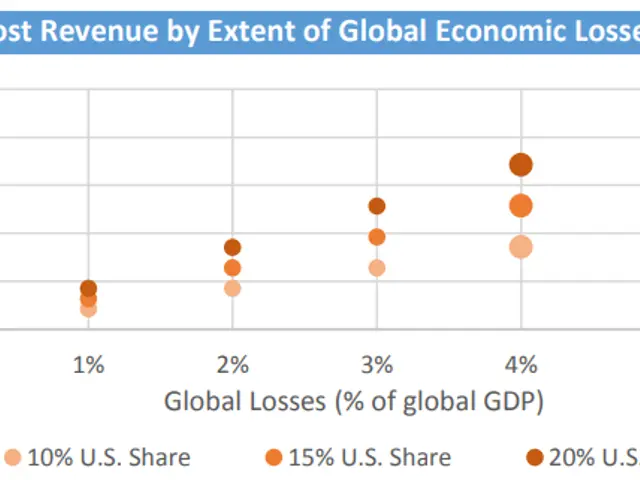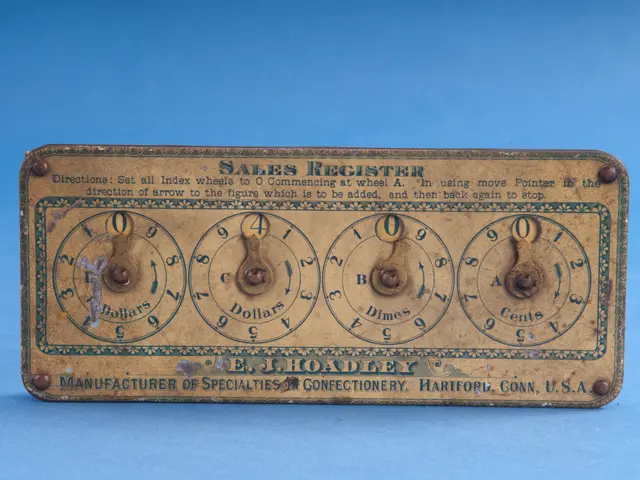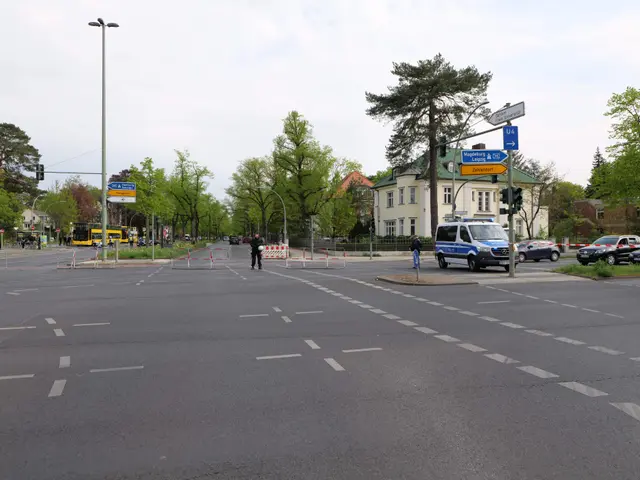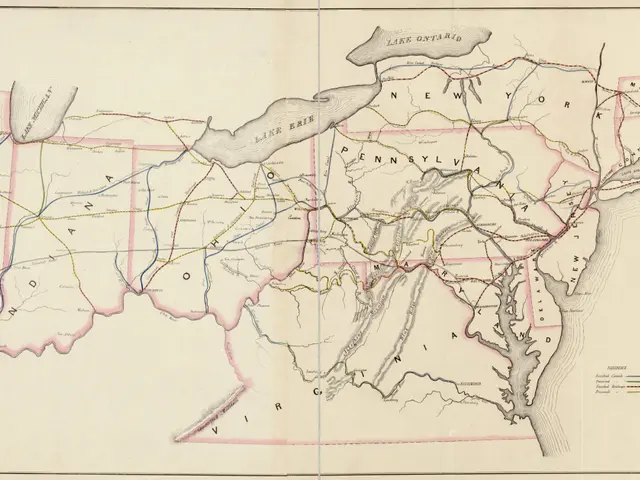AI Boosts Post-Quantum Cryptography for Secure Transportation Systems
Artificial Intelligence (AI) is set to bolster Post-Quantum Cryptography (PQC) to protect Transportation Cyber-Physical Systems (TCPS) from future quantum attacks. This innovative approach promises enhanced security and adaptability, addressing real-time constraints and heterogeneous network conditions.
Currently, TCPS faces threats from quantum computing, which could compromise existing cryptographic methods. Simply replacing these with PQC presents challenges in meeting real-time constraints. However, AI can optimize algorithm selection and resource allocation, enhancing security in TCPS.
AI-driven frameworks can dynamically select appropriate cryptographic algorithms based on context. For instance, a K-Nearest Neighbour (KNN)-based controller can switch between AES-only and hybrid ECC-AES encryption based on data sensitivity. Machine learning can determine the most suitable cryptographic method for signatures and key exchange, considering various parameters. Reinforcement learning can even scale encryption levels in wireless-sensor networks, reducing energy consumption without compromising performance.
PQC algorithms like Kyber and Dilithium are viable for securing Vehicle-to-Everything (V2X) communications. By enabling true cryptographic agility, AI allows TCPS to adapt to emerging threats and maintain optimal performance across diverse devices and network conditions.
In conclusion, AI's integration with PQC promises a significant leap in securing TCPS. It optimizes algorithm selection, enhances security, and ensures real-time performance. With AI-driven frameworks and machine learning, TCPS can effectively counter quantum threats and maintain secure, efficient communication.
Read also:
- Mecklenburg-Vorpommern's Controversial Spending: Calendars, Fish Ladders, and Parking Garages
- Berlin's Friedrichstraße and Checkpoint Charlie Redesigns Delayed by Budget Cuts
- Koblenz Explores Sewage Sludge Incineration Amidst 'Black Book' Revelations of Costly Investments
- Covid-19 Strains German Hospitals: Severe Nurse Shortage Threatens Care


